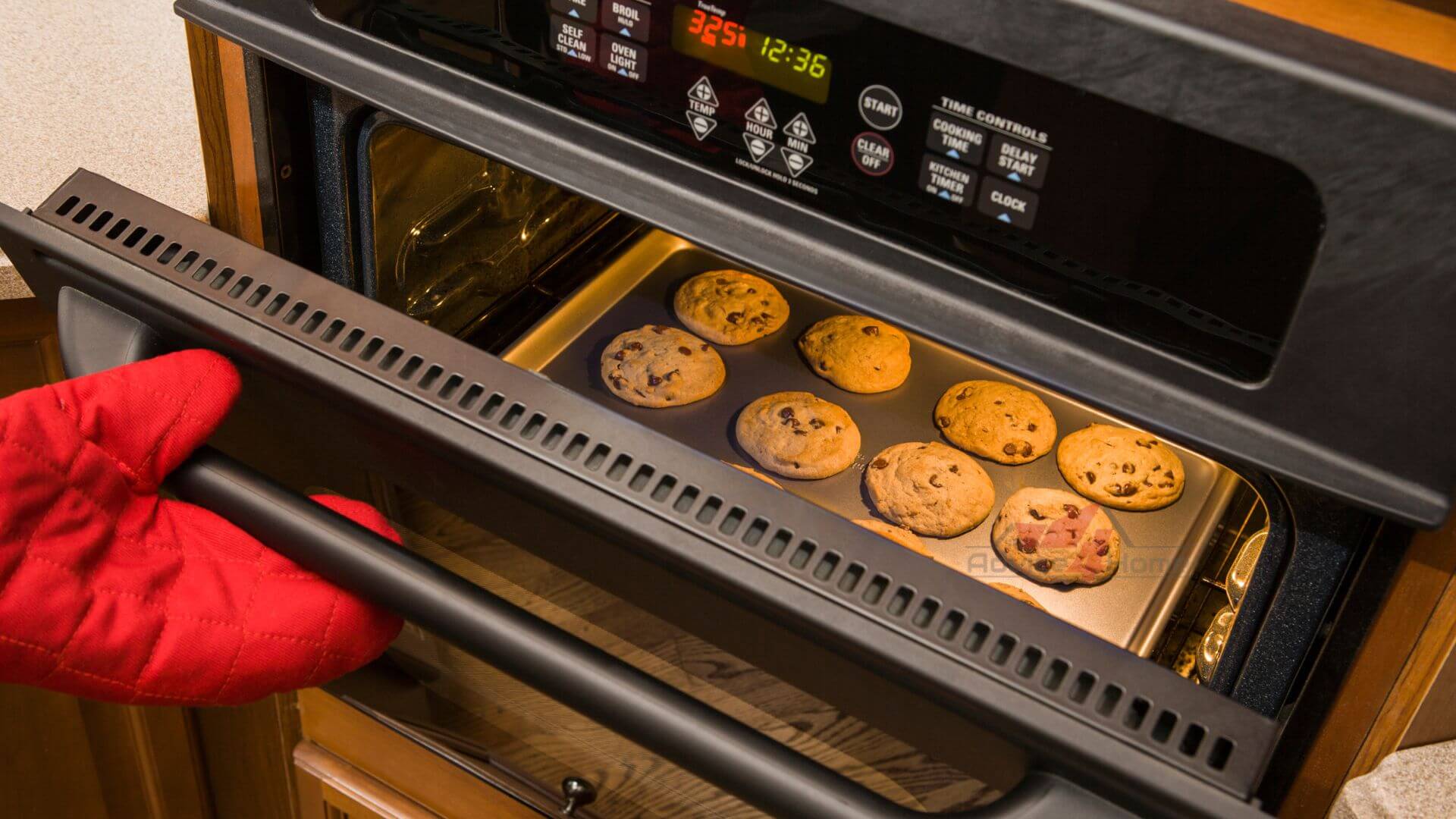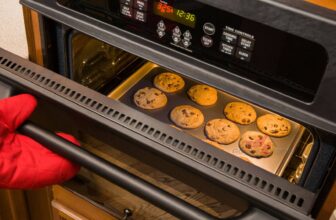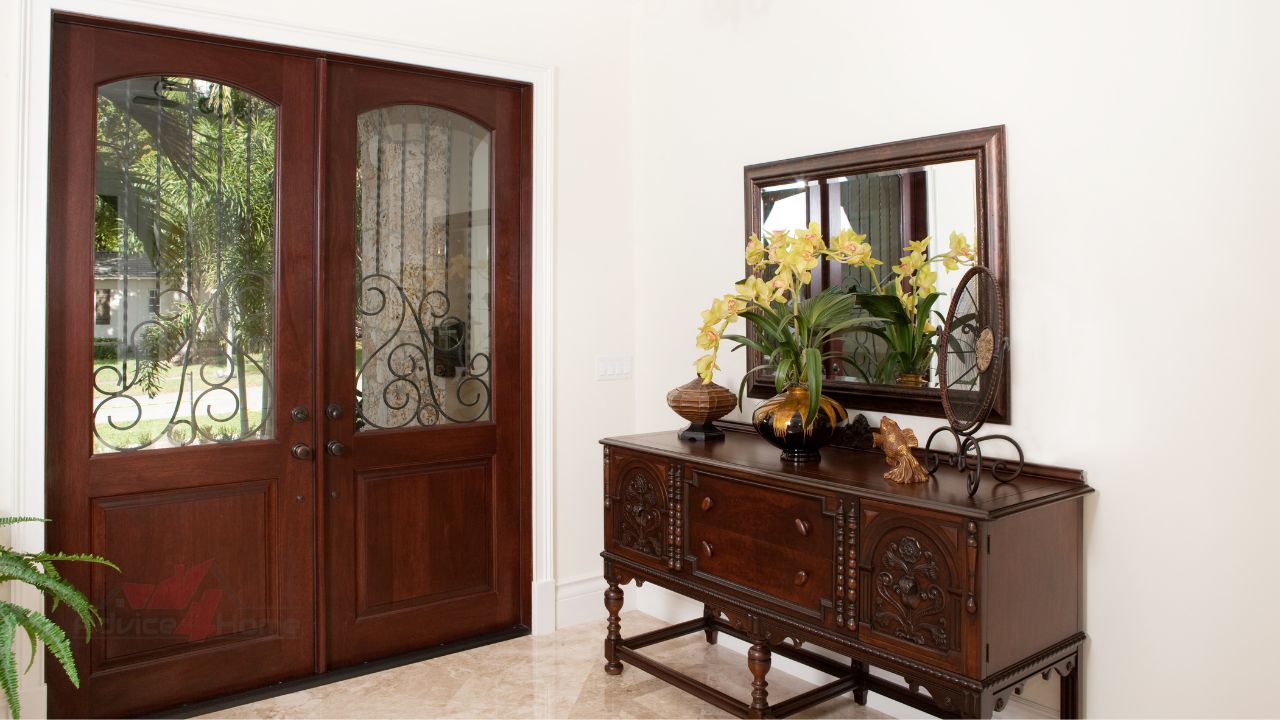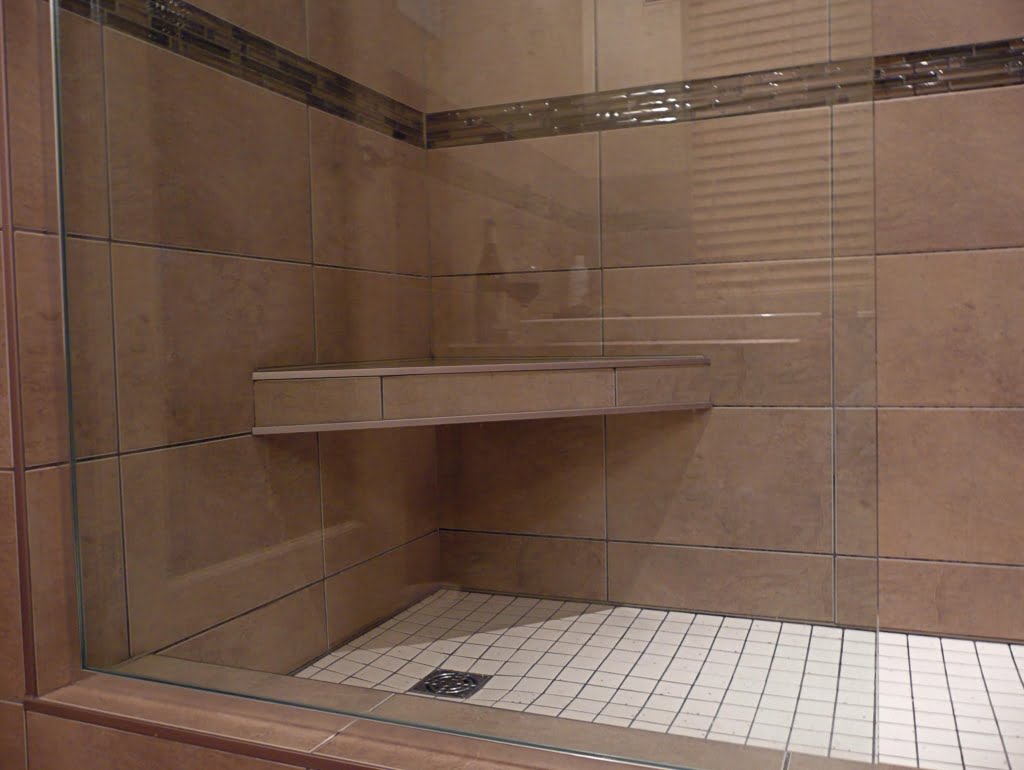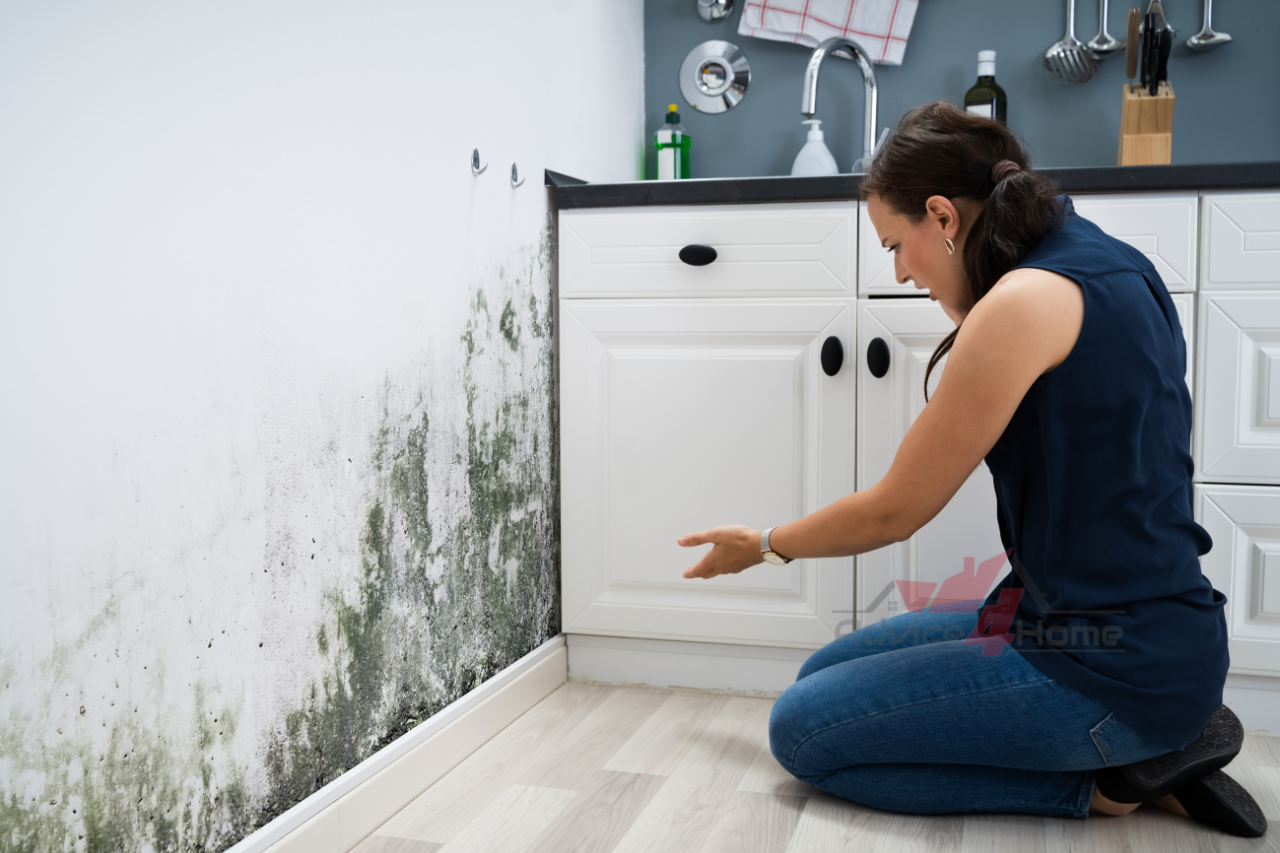
Dealing with mold in a rental home may be a demanding and upsetting process, particularly if you are not clear about your rights and obligations.
Whether it’s a small bathroom patch or a whole wall transformed into a fungus paradise, the matter has to be taken care of quickly.
Mold does, after all, not only harm the property aesthetically but can pose major health issues, especially for individuals with respiratory problems. If you rent, you could be wondering what your next actions should be and who is in charge of the clean-up.
Here we are to guide you through this moldy mess and help you comprehend the responsibilities that tenants and landlords have in handling mold in a rental house.
What Causes Mold to Form in Rental Properties?
Mold grows in moist, poorly ventilated environments, which is why some parts of your rental property are more likely to be infested. It’s not only about a minor leak or sporadic dampness; sometimes, it indicates continuous problems. These can comprise of:
- Inadequate airflow in bathrooms, kitchens, and laundry rooms can help mold grow more easily.
- Water damage and leaks. Should a leaking roof, damaged pipes, or water seep in from outside, mold has the ideal habitat for development.
- In colder months, heated interior air contacting cold surfaces causes condensation to develop on windows and walls. Unchecked, this moisture can feed mold.
- In humid climates, particularly poorly insulated ones, properties can retain too much moisture in the air, providing a haven for mold.
If you have found any of these problems in your rental, quick resolution of these problems will help to stop or prevent mold in its tracks. But whose job it is to address this?
Landlord Responsibilities for Mold
Generally speaking, landlords in rental settings are in charge of making sure the property is livable. Mold comes under their control, especially when brought on by structural or maintenance issues. Regarding mold, landlords have to look after these things:
- Should leaky pipes, a damaged roof, or other structural problems define the mold, your landlord is liable for fixing the cause of the problem and wiping off the mold.
- Property Examinations Regular property inspections enable landlords to identify concerns, including ventilation issues or wetness, before they spiral out of control. Though not required in every situation, it is good practice.
- Under Australian law, landlords must furnish safe and livable premises. Should mold make the home dangerous, uninhabitable, or cause health issues, the landlord must take action.
If you have reported the issue and your landlord has not reacted, it could be time to investigate your legal options. You are entitled to live in mold-free surroundings, so do not hesitate to demand action if necessary.
Tenant Responsibilities for Preventing Mold
Although landlords are most responsible for keeping the property mold-free, tenants also play a part. Tenants are supposed to live on the property in a way that reduces the likelihood of harm or degradation.
In humid environments, opening windows, using extractors, and guaranteeing correct ventilation help prevent mold from developing. It is crucial to dry clothing after showering, cooking, or drying indoors.
Tenants are supposed to keep the premises neat and orderly. These cover wiping down condensation, promptly clearing mold (if surface-level), and making sure fans and other ventilation devices are running as they should.
Tell your landlord immediately once you find a leak, water damage, or indications of mold. This will help them solve the issue before it becomes worse and make it clear that you have nothing to do with the damage.
Ignoring your obligations could mean that, especially if improved living practices could have stopped the spread of the mold, you would find yourself paying for repairs.
When Mold is Neglected: Know Your Rights
Sometimes, even with your best efforts, mold issues linger, and landlords may be hesitant to respond. Tenants have many options if the landlord isn’t fixing the mold-related problems, and the house is becoming uninhabitable.
Speak with the local council. If the mold problem is severe and the landlord is not responsive, you can contact your local authority. They might send an environmental health officer to inspect the premises and force the landlord to address a concern.
Should health issues or inconvenience caused by mold cause you trouble, you may be eligible for a rent reduction or compensation.
Tenants have the right to seek legal action should the landlord continue neglecting major mold issues. A solicitor focused on housing law can advise on your alternatives.
While knowing your rights can help you avoid a bad living situation, it’s also crucial to weigh these against your obligations as a renter.
Professional Services for Mold and Move-Out Cleaning
Calling in experts can save you time and effort. They can help you deal with mold and guarantee a clean house after your rental.
Many businesses guarantee the great condition of the home by providing both mold removal and move out cleaning services. Expert cleaning operations will use professional treatments to guarantee the complete eradication of mold and prevent its recurrence.
Professionals can guarantee these very humid spaces are pristine since they are especially prone to mold, such as bathrooms and kitchens.
Make sure you satisfy the requirements for tenancy. Professional cleaners are aware of the requirements of estate agents and landlords–therefore, you can relax knowing your property will pass inspection.
Can Mold Affect Your Security Deposit?
One of the main worries tenants have when leaving a property contaminated by mold is whether they will lose part of their deposit.
Usually, your investment should not be at risk if the mold results from structural problems or circumstances outside your influence.
However, if you contributed to the issue by neglecting to adequately ventilate or clean, the landlord may deduct the expense of repairs or cleaning from your deposit.
Here’s how to guard your deposit: Document the mold early on. Tell your landlord straight away when you find the mold, then document your correspondence.
Take professional cleaning into account. Hiring a professional move-out cleaning company can be a wise expenditure if you are not sure whether your efforts will be sufficient.
Final Thoughts On Dealing With Mold and The Move-Out Process
Although dealing with mold in a rental home is never enjoyable, learning about your rights and obligations can help you manage the matter confidently.
Knowing your part and that of your landlord will help you whether you are staying in place and handling the problem or getting ready for move-out cleaning.
If you act fast and follow the correct procedures, mold won’t have to harm your deposit or living circumstances. Make sure you help to clean and maintain the property as you get ready to leave your rental; if needed, think about consulting professionals.
Mold is a health risk rather than only a nuisance. Don’t allow it to control your rental experience. Instead, be proactive in fixing any problems as they develop.


